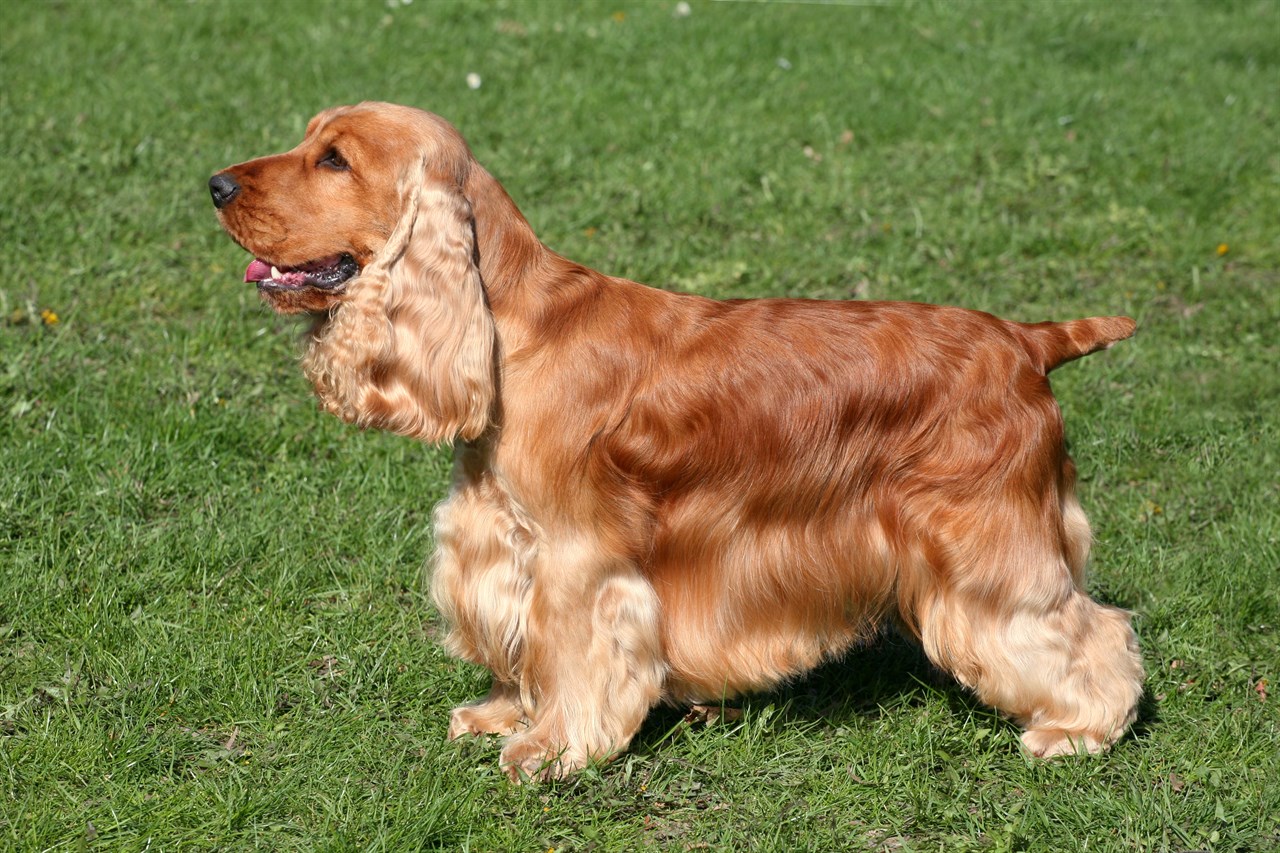Barking Habits of Cocker Spaniels

Barking is a natural form of communication for dogs, and Cocker Spaniels are no exception. While these dogs are generally known for their friendly and affectionate nature, they can also be quite vocal. Let's delve into the barking habits of Cocker Spaniels and address common questions related to their vocal tendencies.
Do Cocker Spaniels Bark a Lot?
Cocker Spaniels have the potential to bark quite a bit, but their barking habits can vary significantly from one individual to another. Several factors influence their barking tendencies:
- Social Nature: Cocker Spaniels are social dogs that often enjoy the company of people and other pets. When they're excited or eager for attention, they may bark as a way to express themselves.
- Guard Dog Instincts: While they are not typically aggressive, Cocker Spaniels have a protective instinct. They may bark to alert their owners to the presence of strangers or unusual sounds.
- Separation Anxiety: These dogs are known for their attachment to their owners, and separation anxiety can manifest as excessive barking when left alone for extended periods.
- Lack of Stimulation: Boredom or lack of mental and physical stimulation can lead to increased barking in Cocker Spaniels. They are intelligent dogs that thrive on activities and engagement.
- Training and Socialization: Proper training and socialization from a young age can help reduce excessive barking in Cocker Spaniels. Teaching them to respond to commands and to be comfortable in various situations can be effective in managing their barking.
- Breed Variation: It's important to note that individual dogs within the Cocker Spaniel breed may have different barking habits. Some may be more prone to barking, while others are quieter by nature.
Do Cocker Spaniels Bark Lots?
The frequency of barking in Cocker Spaniels varies widely among individuals. While some Cocker Spaniels may have a tendency to bark more frequently, others may be relatively quiet. The key to managing their barking lies in understanding the underlying reasons for their vocalizations and addressing those needs appropriately.
If you're concerned about excessive barking in your Cocker Spaniel, consider the following strategies:
- Provide Adequate Exercise: Cocker Spaniels are energetic dogs, and regular exercise can help alleviate boredom and reduce barking. Ensure they get enough physical activity and mental stimulation.
- Socialization: Proper socialization from a young age can help Cocker Spaniels become more comfortable in different environments and reduce their anxiety-driven barking.
- Training: Consistent and positive reinforcement-based training can teach your Cocker Spaniel when it's appropriate to bark and when to be quiet. Commands like "quiet" or "enough" can be helpful.
- Address Separation Anxiety: If separation anxiety is a factor, consider desensitization and counterconditioning techniques to help your dog feel more comfortable when left alone.
- Interactive Toys: Provide toys and puzzles that engage your Cocker Spaniel's mind and keep them occupied when you're not around.
- Consult a Professional: If excessive barking persists despite your efforts, consider consulting a professional dog trainer or a veterinarian to rule out any underlying medical issues or to receive guidance on behavior modification techniques.
In conclusion, while Cocker Spaniels can be prone to barking, their vocal tendencies are manageable with proper training, socialization, and understanding their individual needs. With the right approach and attention to their well-being, you can help ensure that your Cocker Spaniel's barking remains within reasonable bounds.
Cocker Spaniel puppies for sale
- Find Cocker Spaniel puppies for sale in ACT
- Find Cocker Spaniel puppies for sale in NSW
- Find Cocker Spaniel puppies for sale in NT
- Find Cocker Spaniel puppies for sale in QLD
- Find Cocker Spaniel puppies for sale in SA
- Find Cocker Spaniel puppies for sale in TAS
- Find Cocker Spaniel puppies for sale in VIC
- Find Cocker Spaniel puppies for sale in WA